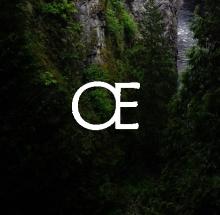Summary: The use of the word “nature” in this talk’s title deliberately and anachronistically references a post-Romantic ideal of a non-human world absolutely beyond culture, including what we now call wilderness. Contemporary environmental thinking, especially in Anglophone contexts, often holds that experiencing wild(er)ness is restorative, even spiritually enriching. Many scholars have started to question the assumptions and to reveal the privileges that make this ideal thinkable: I will argue that early modern cultures can help us further these critiques. Working with texts from sixteenth-century France, in particular the long “scientific poem” La Savoie by Jacques Peletier which describes the landscapes of this mountainous and often wild part of France, I will show that early modern mentalities considered wildness to be not just frightening but literally unrepresentable by human knowledge systems. Wild areas, like unmitigated contact with the divine, inspired a kind of epistemological panic. This reminds us that the etymology of the word panic, from the Greek πανικός pertaining to Pan the god of wild places, gestures towards the fear inspired by environments devoid of human activity, and perhaps invites us to a more humble appraisal of the limits of our cognition of the non-human.
